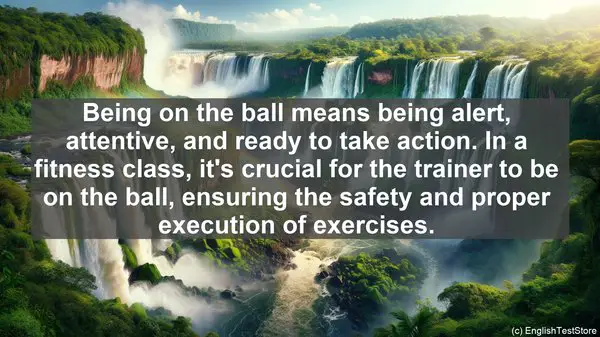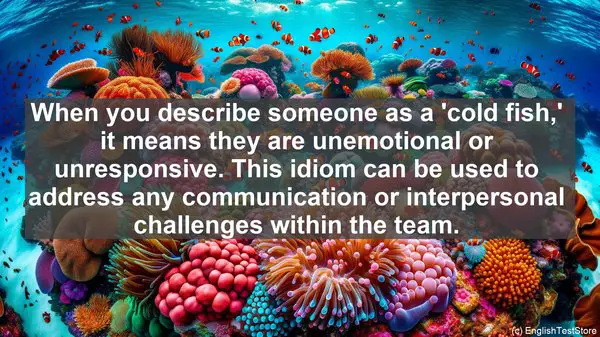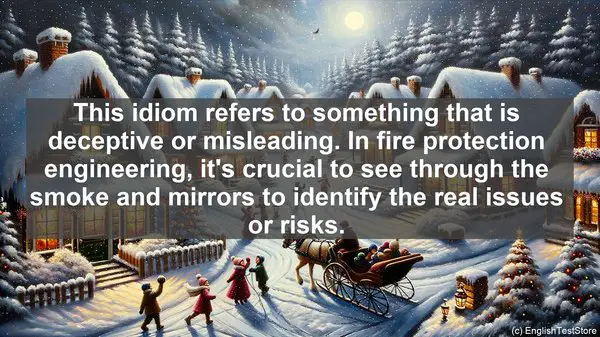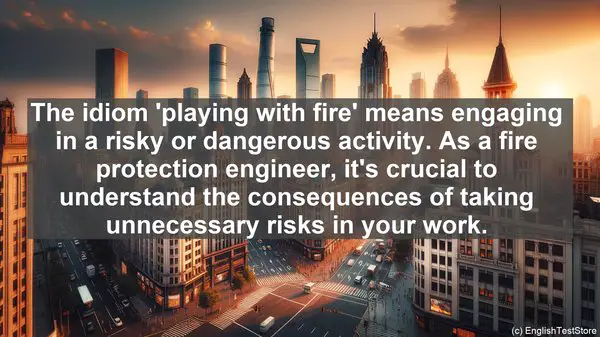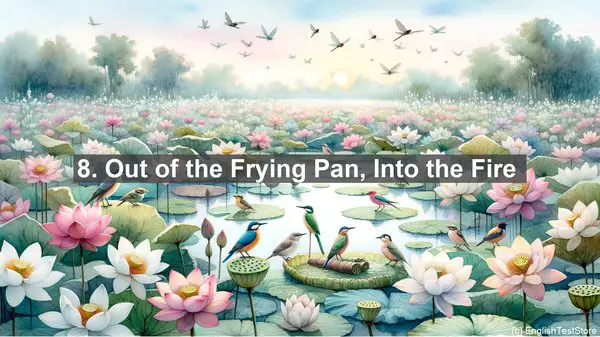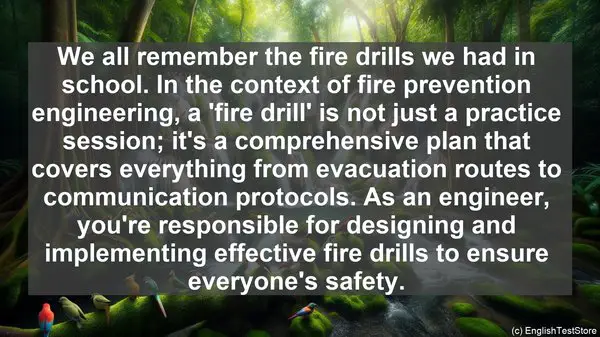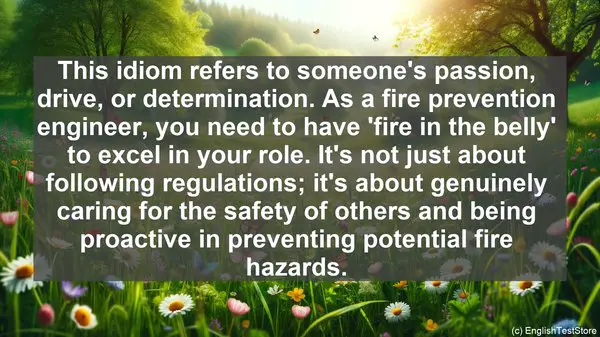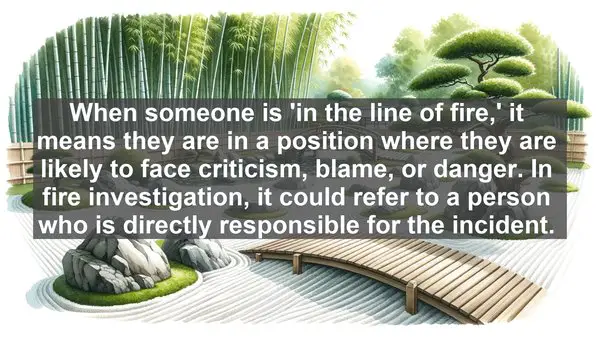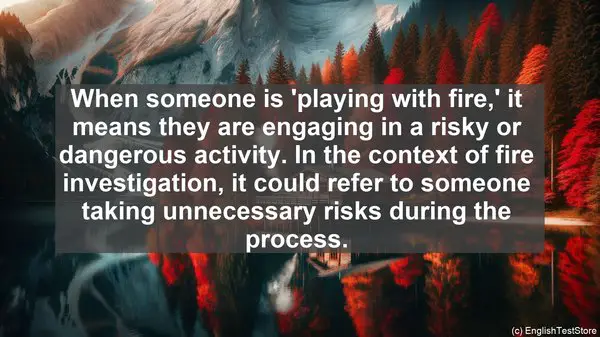1. Flying High
When someone is ‘flying high,’ it means they are experiencing great success or happiness. As a flight engineer, you’ll often work with pilots who are ‘flying high’ after a successful flight.
2. Clear for Takeoff
This idiom is used to indicate that someone has permission to proceed with a plan or project. In aviation, it’s crucial for flight engineers to ensure that all systems are ‘clear for takeoff’ before a flight.
3. Turbulent Times
Just like in aviation, life can have its ‘turbulent times.’ This idiom refers to periods of difficulty or uncertainty. As a flight engineer, you’ll need to stay calm and composed during such situations.
4. On Cloud Nine
Imagine being on a cloud, floating in the sky. That’s the feeling of being ‘on cloud nine’ – a state of extreme happiness or euphoria. It’s a phrase often used to describe the joy of a successful flight.
5. Holding Pattern
In aviation, a ‘holding pattern’ is when an aircraft is required to circle in the air until it receives further instructions. This idiom is often used to describe a situation where one has to wait for something to happen.
6. Smooth Landing
A ‘smooth landing’ is the dream of every flight engineer. It refers to a landing that is gentle and without any turbulence. It’s also used metaphorically to describe a successful completion of a task or project.
7. Flying Solo
To ‘fly solo’ means to do something alone, without any assistance. While flight engineers work closely with the flight crew, there may be times when they have to ‘fly solo’ in troubleshooting or decision-making.

8. In the Same Boat
When you’re ‘in the same boat’ as someone, it means you’re facing the same situation or problem. In aviation, teamwork is crucial, and flight engineers often find themselves ‘in the same boat’ as the rest of the crew.
9. Up in the Air
When something is ‘up in the air,’ it means it’s uncertain or undecided. In aviation, this can refer to a situation where a flight’s status or schedule is yet to be confirmed.

10. Full Steam Ahead
This idiom is used to indicate that something is progressing at full speed or with full energy. In aviation, it can describe a flight that’s proceeding smoothly and without any delays.

